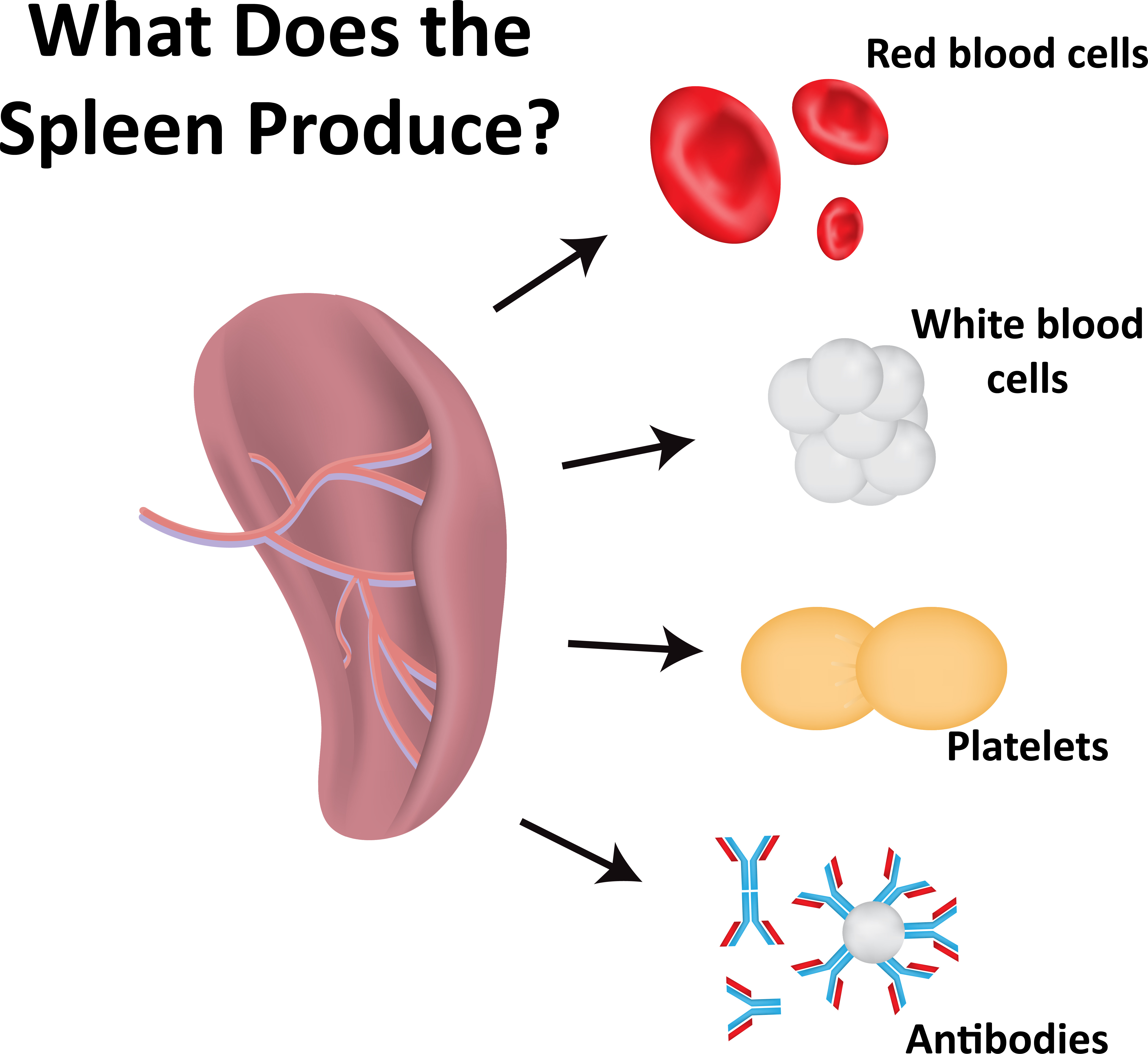The Forgotten Organ
Published: Wed, 11/08/17
November 8, 2017
The Forgotten Organ Mishelle Knuteson, M.H.
Recently I had a vibrational and frequency analysis done at a local chiropractor’s office. It was a scan of my whole body, down to a cellular level. One thing that came up on my scan was that my spleen was under functioning. My spleen…. all I could think about the function of the spleen was something to do with blood. As I talked with a few other people, they could not remember the functions of the spleen either. It seems to be the forgotten organ yet, it does so much more than I
ever realized.
In general, the spleen is responsible for assimilation and transportation of nutrients throughout the body (metabolism). The spleen not only controls food and fluid metabolism but also cell respiration and other similar metabolic functions. The spleen rules the muscles, flesh and limbs, keeps the organs in place and blood in the vessels. It acts as a filter for the blood and is an important part of the immune system. Old red blood cells are recycled in the spleen and platelets and white blood cells are stored there.
In Chinese medicine the time between summer and fall is considered Indian Summer. This is the time when digestive and metabolic issues are more likely to be strained. If your spleen is under functioning you can experience symptoms such as gas, bloating, sleepiness after eating, anemia, fatigue, weakness, lowered immunity, poor appetite, amenorrhea (lack of menstrual bleeding), loose stools or diarrhea, frequent copious urination, lowered sex drive, achy lower back and knees, edema of abdomen, poor muscle strength or tone, inability to focus or concentrate, low vitality, a need to clear the throat after eating, blood spots under the skin, easy bruising, lack of sensation of taste, prolapsed organs, post nasal drip, runny nose, an inability to lose weight now and a variety of other complaints.
The digestive fire has fizzled and you are most likely experiencing food stagnation in the body. Digestion becomes sluggish and food is not fully broken down and passes through the stools undigested. Digestion becomes cold during this time of the year because most people have just come off summer where they have eaten more raw and cold foods.
To strengthen the spleen and turn up the digestive fire start with eating foods that can be easy to digest. This would be mostly cooked foods (lightly steamed), soups and warm/room temperature drinks. Avoid refrigerated foods and drinks as well as iced drinks. Leave your smoothies for the warmer times of year. Of course eliminate processed foods from your diet and excessive hot and spicy foods.
Some spleen strengthening foods are root vegetables (not so much potatoes but yams and sweet potatoes) and winter squash; grains such as millet, amaranth, quinoa; stimulant and carminative herbs such as garlic, cumin, ginger, cloves, anise, fennel, coriander and black pepper. Be careful with cayenne, this is a great stimulant herb yet it can be too warm for some people and overheat their system. Other herbs that tonify the spleen are astragalus, ginseng, licorice and cardamom. Spice up your food, not spicy (hot), just spices to fuel the fire and add flavor to food.
Our bodies are amazing. Each organ, cell and tissue has an important function in our overall health and wellbeing. Now you will have more answers if someone ever asks you what function your spleen has. I know I do.
Below is an easily digestible recipe taken from: Ayurvedic Cooking for Self-Healing by Usha Lad & Dr. Vasant Lad.
Mishelle Knuteson is certified in Rapid Eye Technology (RET) an emotional release therapy, is a Thai Yoga Therapy practitioner and a Master Herbalist ~ graduate of The School of Natural Healing. Mishelle currently works as an Educative Master Herbalist (MH) for The School of Natural Healing and as Office Manager of Christopher Publications.
Printable Version: http://herballegacy.com


A Healthier You Radio show is back!
Listen live every monday morning at 11:30 Mountain Time.
Click here for the link to listen to our live show
David Christopher is now on Twitter!
You can follow David @DChristopherMH
Mung Dal Kitchari
1 cup yellow mung dal
1 cup basmati rice
1 ½ inch piece of ginger, peeled and chopped fine
2 Tablespoons unsweetened, shredded coconut
1 small handful cilantro leaves, chopped
½ cup water
3 Tablespoons of ghee or coconut oil
½ teaspoon salt
6 cups of water
Wash the mung dal and rice two times. Soak the mung dal for a few hours, if you have the time, then drain.
Put the ginger, coconut, cilantro and the ½ cup water into a blender and blend until liquefied.
Heat the ghee on medium in a large saucepan and add the blended items, turmeric and salt. Stir well.
Next, mix in the rice, mung dal and 6 cups of water. Bring to a boil. Boil, uncovered for 5 minutes. Then cover, leaving the lid slightly ajar, turn down the heat to simmer and cook for 25 to 30 minutes, until the dal and rice are tender.
Recipe from: Ayurvedic Cooking for Self-Healing by Usha Lad & Dr. Vasant Lad
Printable Version: http://herballegacy.com
Herbal Resource Links
- Herbal Legacy - http://www.herballegacy.com - Our free information website
- The School of Natural Healing - http://www.snh.cc - Quality Education since 1953
- Christopher Publications - http://www.christopherpublications.com - Dr. Christopher's books and more
- Christopher Websites - http://www.christopherwebsites.com - Find all Christopher websites and other great resources
- A Healthier You Radio Show - http://www.ahealthieryouradio.com - Free weekly radio show
The School of Natural Healing: http://www.snh.cc
Christopher Publications: http://www.christopherpublications.com
NOTICE: All information in this newsletter is given out as information only and is not intended to diagnose or prescribe. For our official Disclaimer, Biological Individuality, Important Notice & Terms of Use please see: http://www.herballegacy.com/Disclaimer.html
This newsletter is sent by permission only - you can unsubscribe quickly and easily by clicking the link below.
.

